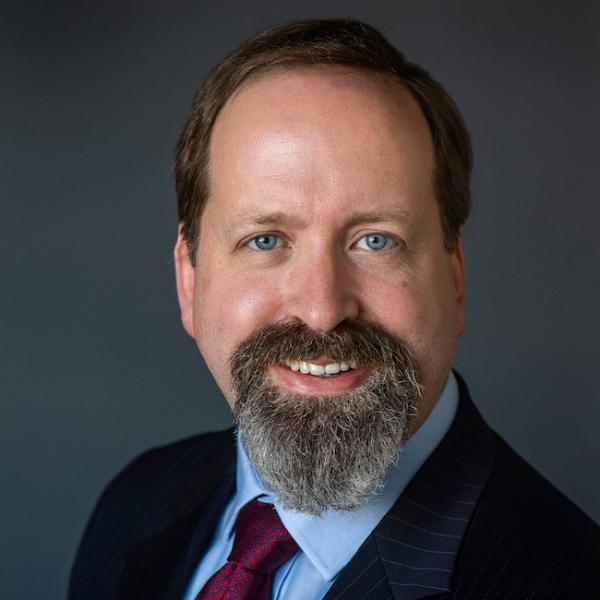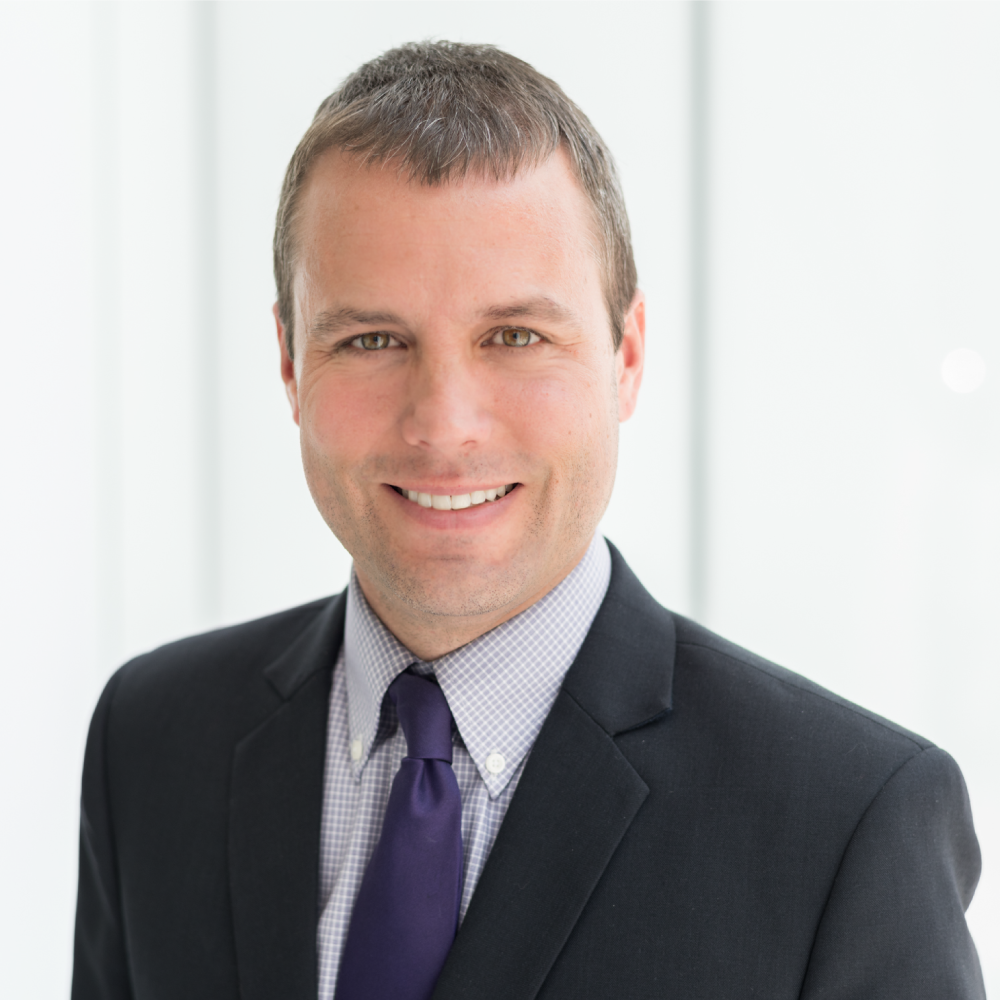This paper was originally published as part of T20 ARGENTINA.
Crypto-Assets (CA) are digital instruments aimed to serve as mediums of exchange that rely on decentralized control and boast the (yet to prove) promise of a revolution in Finance. Their meteoric rise entails both opportunities and perils. Rewards are uncertain; risks, much more tractable. We propose the design of a cross border framework to put CA on a level regulatory playing field with other competing financial instruments and activities. That involves keeping close scrutiny of CA linkages with the real economy and the existing conventional financial infrastructure, and bringing CA under the normal anti-money laundering (AML) and counter- terrorist financing (CFT) standards. Risks borne by users and investors – and possible systemic risk - deserve thorough examination while giving technology space to develop its genuine potential.
Related Content
-
A Golden Opportunity With China: How California Can Become an Even Bigger Destination for Chinese Foreign Investment
Since embarking on its era of economic growth and expansion in 1979, China has played an increasingly large role in the global economy and now ranks as the world’s second-largest economy. California—itself the world’s eighth-largest economy...Read Report 11
Kevin Klowden and Matt Horton
11
Kevin Klowden and Matt Horton -

The Milken Institute 2024 Global Opportunity Index Rankings Reflect Optimism Among Investors, While Financial Conditions Remain Tight Amid Warnings of Interest Rate Hikes and a Global Slowdown
WASHINGTON, DC (March 5, 2024) — Optimism and opportunity, balanced against a world in flux, are influencing global investment decisions, according to a new report by the nonpartisan Milken Institute. The Global Opportunity Index (GOI)...Read ArticleImage
Paul Guequierre
Director, Strategic CommunicationsPaul Guequierre is the director of strategic communications. In this role, he works to increase the profile of Milken Institute in the media, raise the visibility of issues important to the organization and its stakeholders, and expand the Institute's digital presence. -
Trade Finance: A Catalyst for Growth in Asia
While large businesses have resumed international trade at levels seen before the financial crisis, small- and medium-sized enterprises (SMEs) have not fared as well. For these firms — the backbone of economies everywhere — growth is...Read Report11 11 11Stephen Lin, Jakob Wilhelmus , and Claude Lopez -

Hangzhou Rises Seven Places to Rank First in the Milken Institute’s Best-Performing Cities China 2023-2024 Index
Beijing, CHINA September 3 2024—Hangzhou, the capital of China’s Zhejiang province and an emerging e-commerce hub, is ranked as China’s best-performing city in 2023-2024, according to the recently released Milken Institute’s Best-Performing...Read ArticleHangzhou, the capital of China’s Zhejiang province and an emerging e-commerce hub, is ranked as China’s best-performing city in 2023-2024, according to the recently released Milken Institute’s Best...
Image
Yeen Chong
Associate Director, Milken Institute InternationalYeen Chee Chong is an associate director for Milken Institute International. Based in Singapore, he oversees and manages strategic communications with a wide range of global and regional media publications and partners. Chong works closely with colleagues in both Asia and the United States on planning and implementing global public relations and social media campaigns. -

Bahrain and the Fourth Industrial Revolution
Bahrain differentiates itself from its larger neighbors by highlighting its well-trained population and low cost of living and running a business. This report shows that these factors, combined with an innovative regulatory environment...Read Report 11
11
Joseph Bendix, Cesar Servin, and Claude Lopez
11
11
Joseph Bendix, Cesar Servin, and Claude Lopez -
Milken Institute Appoints William Lee as Chief Economist
LOS ANGELES – April 11, 2017 – The Milken Institute today announced the appointment of William Lee as Executive Director and Chief Economist, based in Santa Monica, CA. In this role, Lee will be responsible for analyzing U.S. and global...Read Article -
Survey Brief: Rwandan Businesses Share Their Priorities for Capital-Market Development
With approximately 12 million citizens and a nominal GDP of just under $9 billion, the Rwandan economy is small. However, through a series of well-designed and well-managed national policy reforms, the government has maintained...Read Report11 11
Moutusi Sau, John Schellhase, and Staci Warden
11
Moutusi Sau, John Schellhase, and Staci Warden -
Chile is Top Country in Latin America for Foreign Investment, Says Milken Institute
Milken Institute’s Global Opportunity Index evaluates 145 countries across seven geographic regions – highlighting Latin America – to measure their potential attractiveness to foreign investors. Los Angeles – Feb. 04, 2021 – Chile ranks no...Read Article -
Currency Manipulation Provisions Do Not Belong in Trade Agreements
Demands for provisions to stop currency manipulation by foreign governments have become central to the congressional debate over proposed trade agreements, including the Trans-Pacific Partnership and Transatlantic Trade and Investment...Read Report -

Malaysia Is Top Country in Emerging Southeast Asia for Foreign Investment, Says Milken Institute
Milken Institute’s Global Opportunity Index evaluates 126 countries across seven geographic regions – highlighting emerging Southeast Asia – to measure their potential attractiveness to foreign investors; Sweden ranks No.1 overall in best...Read ArticleImage
Chad Clinton
Director, Media RelationsChad Clinton is the director of media relations for the Milken Institute. Hired to this role in August 2021, Clinton develops and executes strategies to amplify the Institute’s core messages by generating coverage of its pillar workstreams, experts, and events. -
The Asset Management Industry, Systemic Risk, and Macroprudential Policy
In the aftermath of the 2007-2008 financial crisis, new legislation and regulations have pressured banks and insurance companies to reduce their size, leverage, and riskier lines of business in order to avoid another too-big-to-fail debacle...Read Report -
The Real Story Behind the Surge in FHLB Advances: Macroprudential Policy Changed How Banks Borrow
In the wake of the 2008 global financial crisis and ensuing regulatory reforms, U.S. banks dramatically altered their sources of funding. Funding from non-deposit sources now accounts for only 13 percent of bank liabilities, compared with...Read Report
